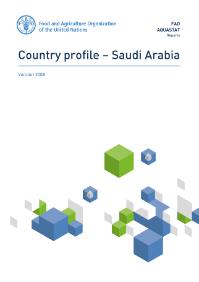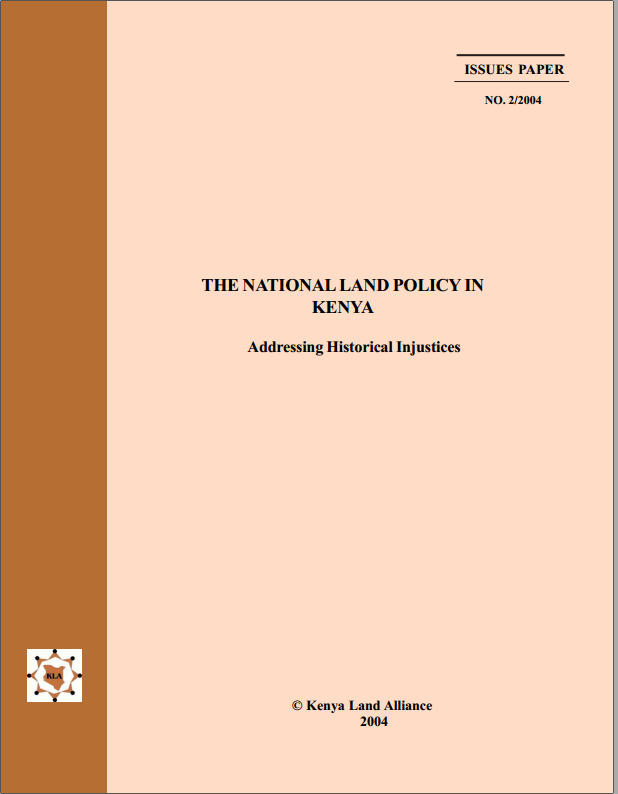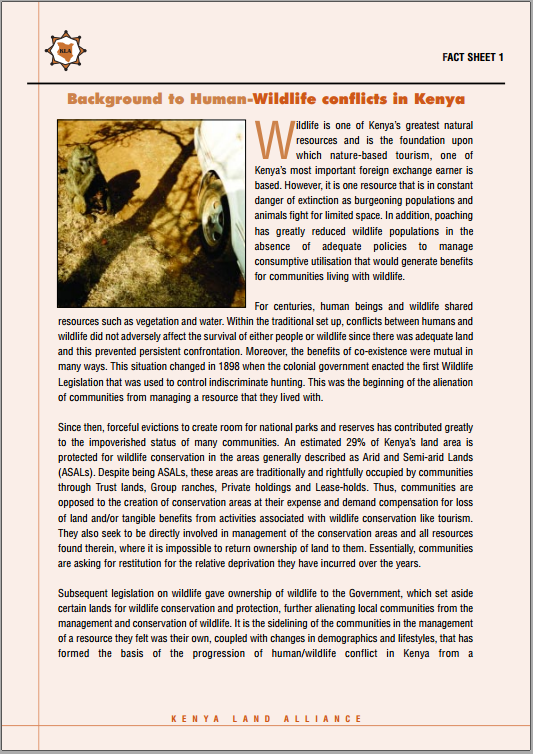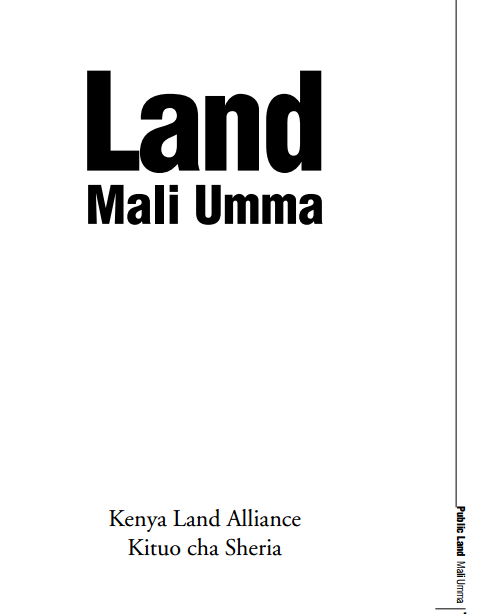Country profile – Saudi Arabia
This country profile describes the state of the water resources and water use, as well as the state of agricultural water management in Saudi Arabia. The aim of this report is to describe the particularities of the country and the problems met in the development of the water resources, and irrigation in particular. Irrigation trends, existing policies and legislation to water use in agriculture, possible treaties and agreements between countries as well as prospects for water management in agriculture are presented, as described in literature.












